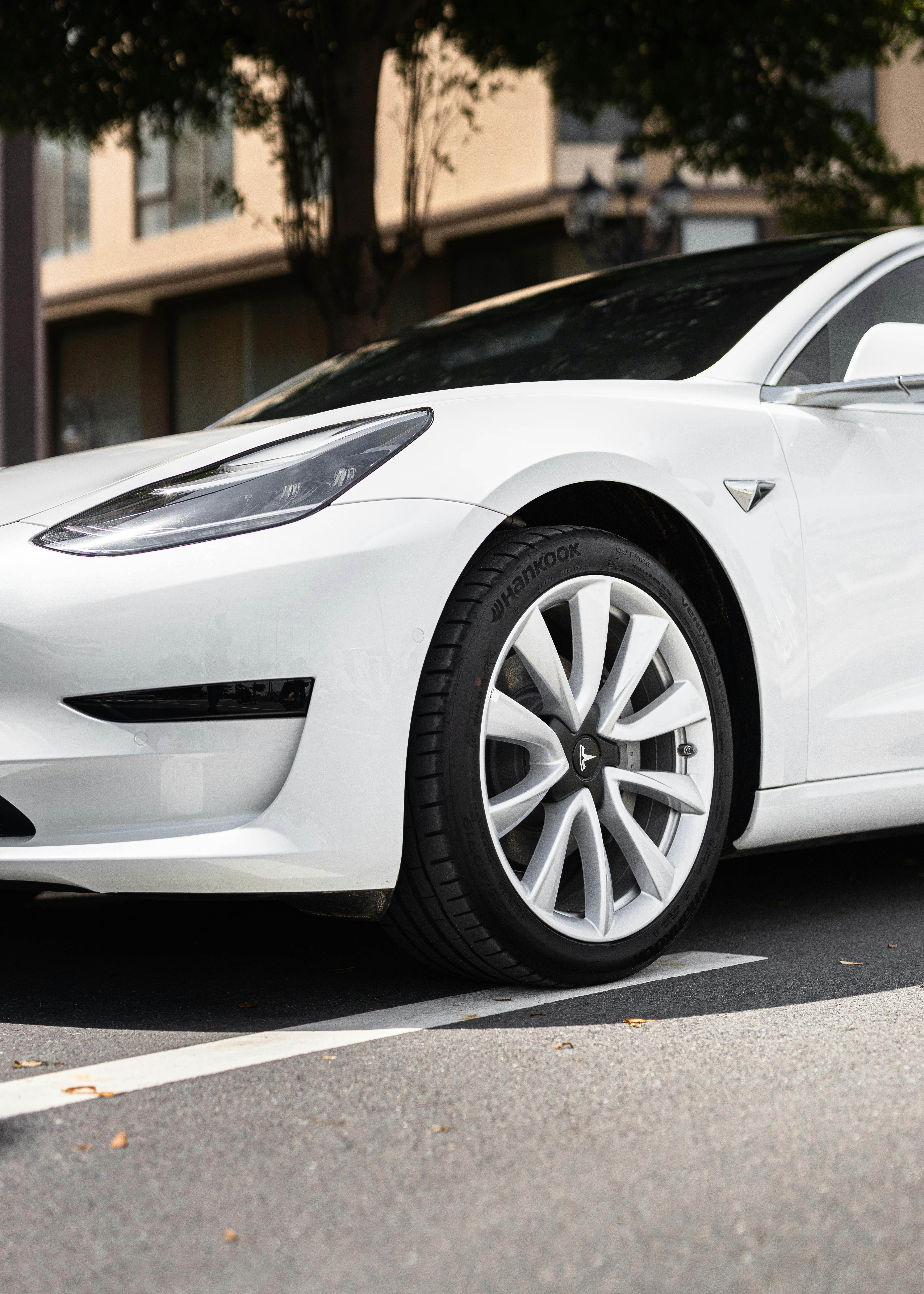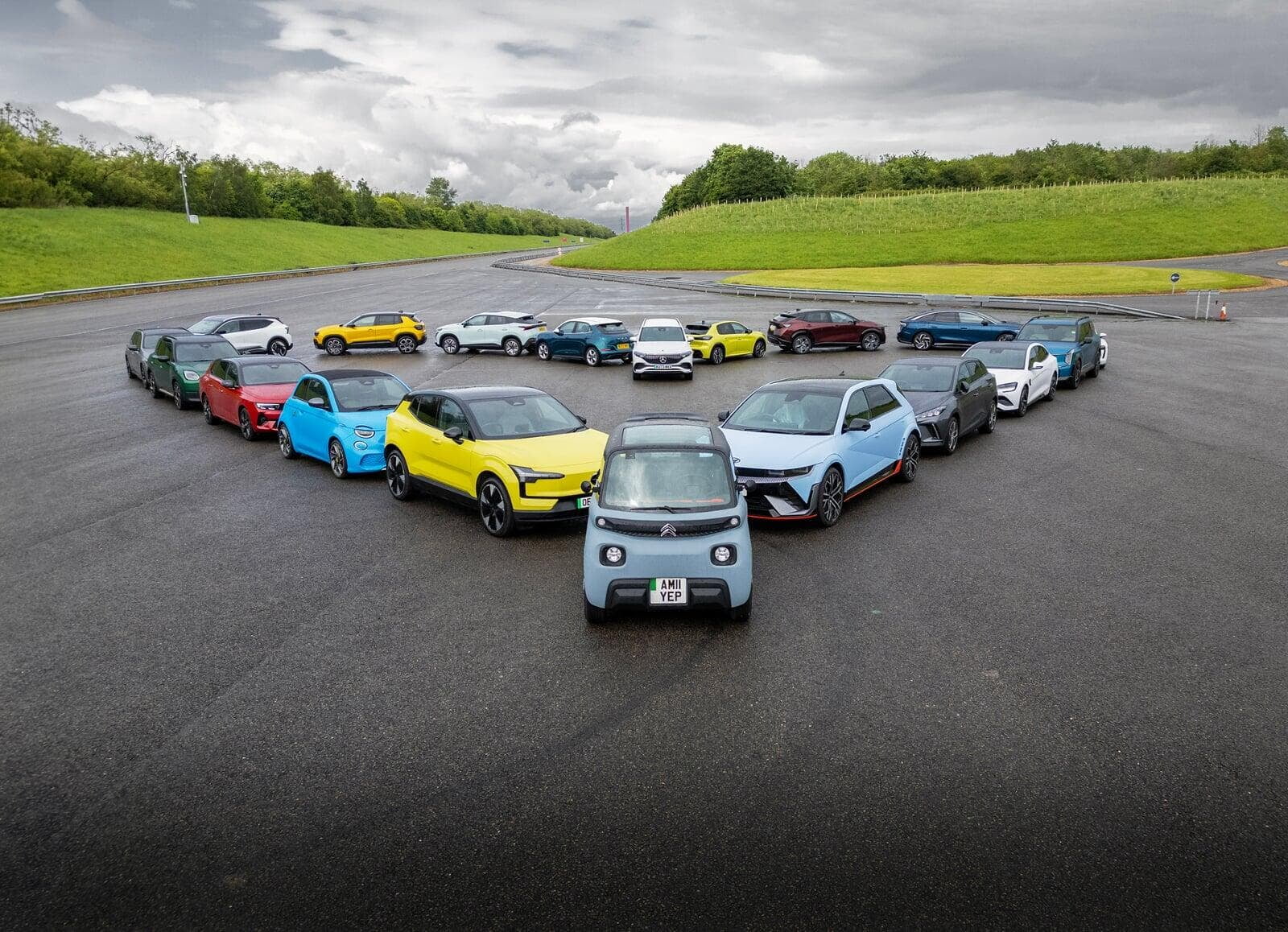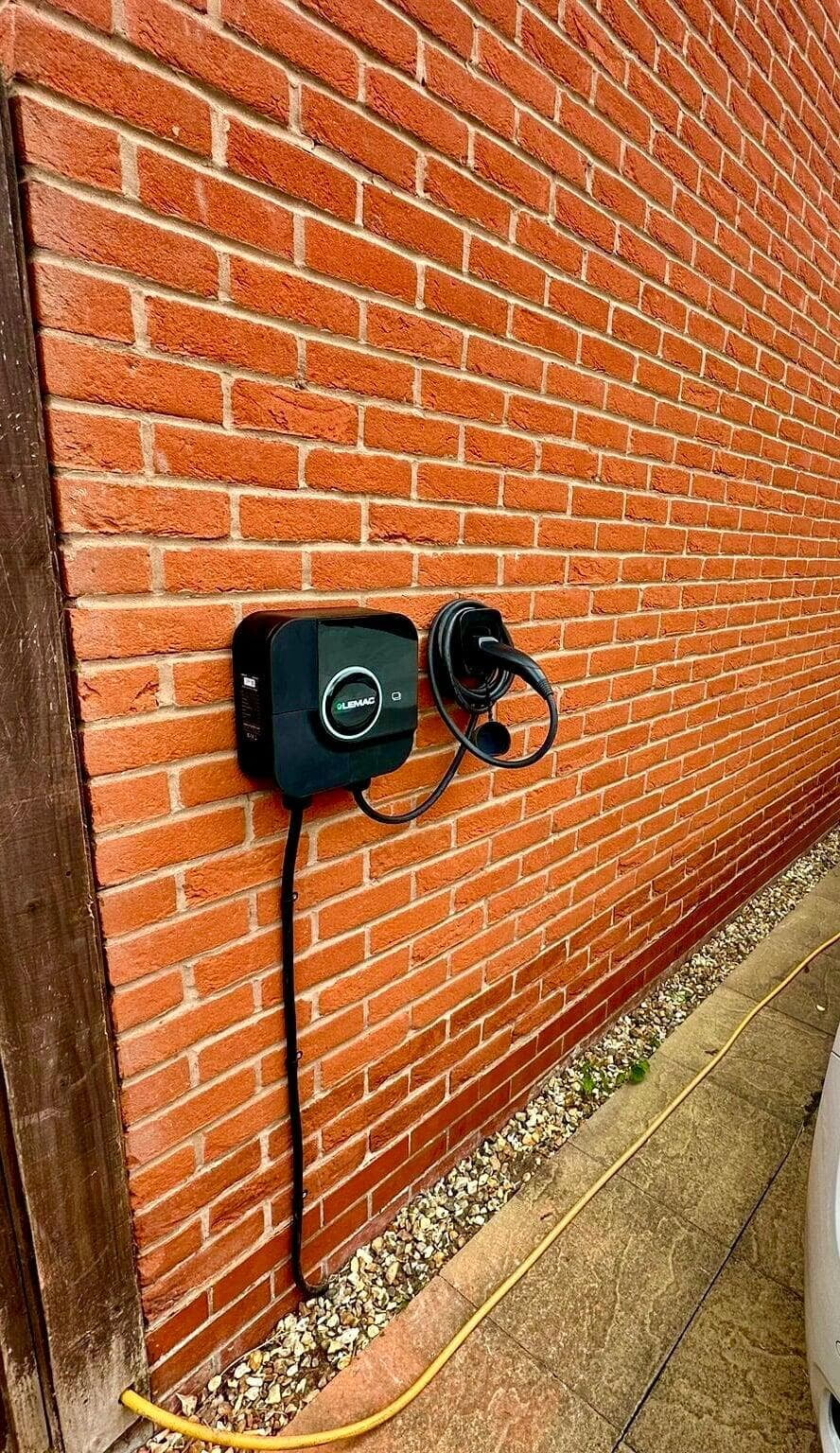Now that 2024 is past the halfway point, what has been shaping the UK used EV market so far?
Over the past three years, the used EV market has evolved dramatically. In 2021 and 2022, the market was full of higher prices and limited supply due to the still early state of the EV industry and production slowdowns. The Tesla Model 3, one of the early mainstream electric vehicles that lead the way to the marketplace we see today, has only just turned 5 years old in the UK.
By 2023, the influx of new EV models and improvements in charging infrastructure are beginning to stabilise the market, making EVs more attractive to used car buyers. Now in 2024, the market is benefiting from these foundational changes. Improved battery technology, longer ranges, and faster charging times have made older EV models more competitive, sustaining their value over time.
The UK used electric vehicle (EV) market has seen dynamic changes over the past few years, reflecting broader trends in consumer behavior, technology, and market dynamics. As of mid-2024, this market is vibrant, with both opportunities and challenges. In the first week of July alone, nearly 700 EVs were sold, with BCA (British Car Auctions) on track to record over 30,000 units sold in the next 12 months. This surge in sales is driven by increased demand and pricing stability, making EVs more appealing compared to internal combustion engine (ICE) vehicles.
Auto Trader's recent analysis underscores unprecedented shifts in the supply dynamics of the used car market. The reduced production of new cars during the pandemic has led to a significant decrease in the number of sub-five-year-old vehicles, particularly affecting brands like Vauxhall, Ford, and Mercedes-Benz. By contrast, brands like MG and Tesla have seen substantial increases in the number of younger vehicles available. Due to the pandemic and the resulting lockdowns, there are an estimated 2.7-2.8 million cars which would have been 3 years old now, but never hit the roads due to finance extensions and lack of supply.
The surge in EVs entering the market is another key trend. Auto Trader estimates that by the end of 2024, around 4% of the total cars on UK roads will be electric, with this figure expected to rise to over a third by 2033. For the hold-outs on traditional ICE vehicles, there will never be more choice of these vehicles than there is right now, in particular the number of diesel vehicles in the market. Each month the remaining models that fall into this category will dwindle, with car makers moving to PHEV and EV production.
Cap HPI reports encouraging signs of price recovery in the used EV sector, with increased consumer demand driving prices up. Conversely, Indicata highlights a 43.8% drop in used EV prices over the past 18 months, bringing them closer to ICE vehicle prices. This price parity is crucial, as it marks an important tipping point for more people to switch to electric driving. Specialist EV trade buyers are thriving, driven by their market knowledge and ability to dispel myths about EVs, particularly around battery health and warranties. With a used EV not having the same offers of free charging points as many newer options, it's important to pick the best EV home charger for any potential car you might be looking at.
As the market continues to adjust and mature, now is an ideal time to invest in a home EV charger. Investing in a home EV charger not only supports current needs but also future-proofs homes as the shift towards electric driving accelerates. We highlighted this in our post about the point at which the cost of driving electric from a home charger has covered only 6 months of ICE driving. Home EV chargers provide a range of benefits that make them a valuable investment for electric vehicle owners. They offer the convenience by enabling you to charge your vehicle overnight or whenever it's parked at home, ensuring it's always ready to go without the hassle of frequent trips to public charging stations. Charging at home can lead to significant cost savings compared to using public stations, as you can take advantage of lower electricity rates during off-peak hours or take advantage of home solar to charge your car, ultimately reducing your energy costs.
Installing a home EV charger can boost your property's value and appeal to potential buyers interested in electric vehicles. Lastly, regular charging at home can help maintain your EV's battery health, providing a consistent and safe charging environment compared to public stations. Embrace the electric revolution today and enjoy the benefits of cleaner, more efficient transportation.





